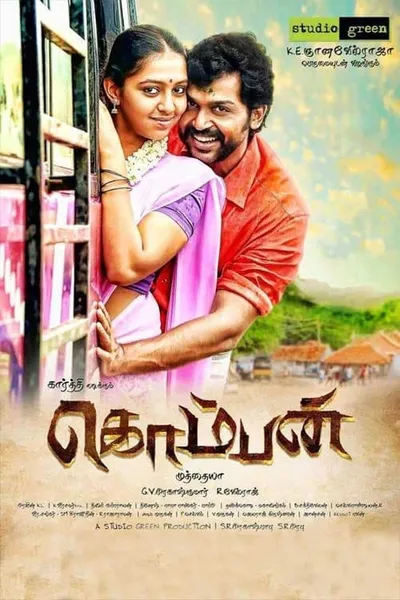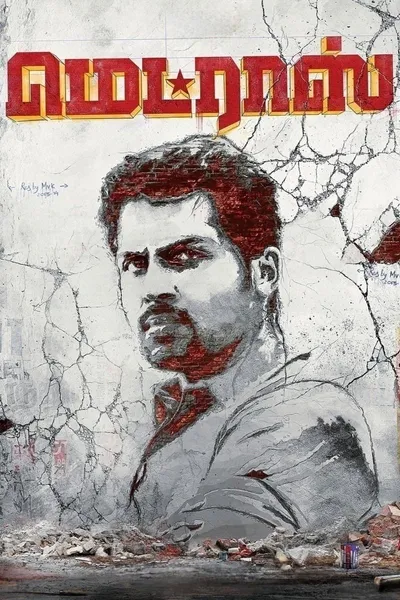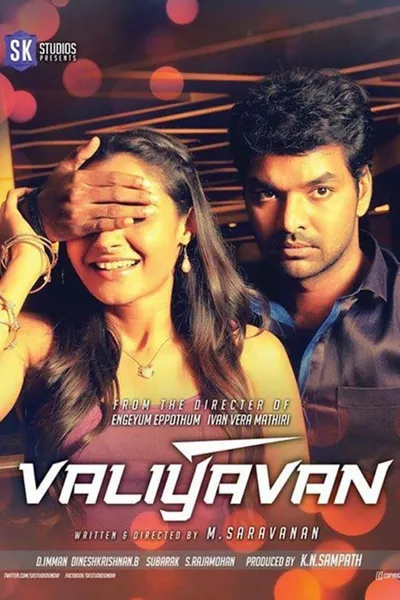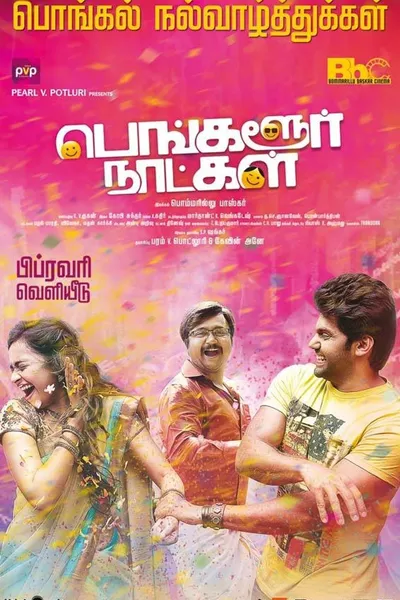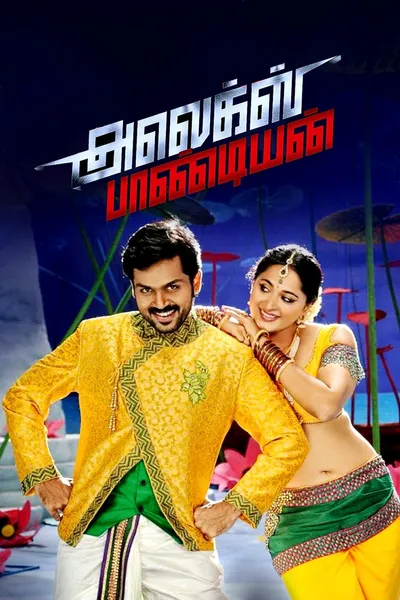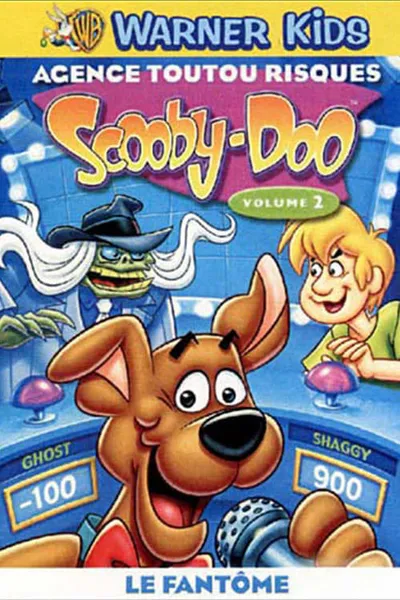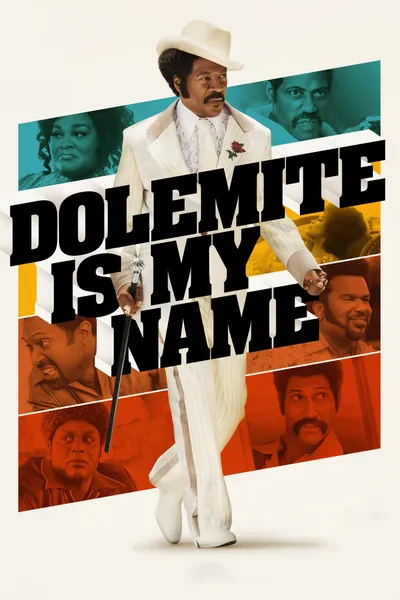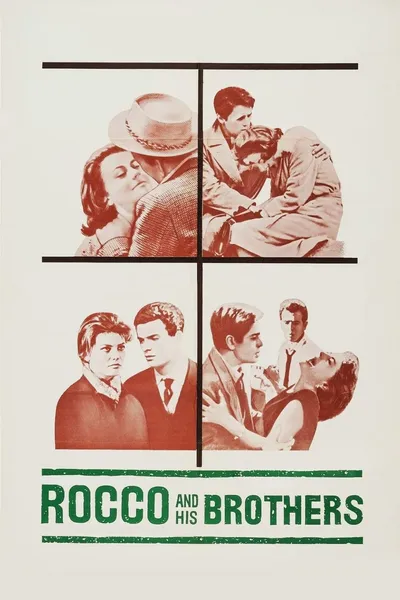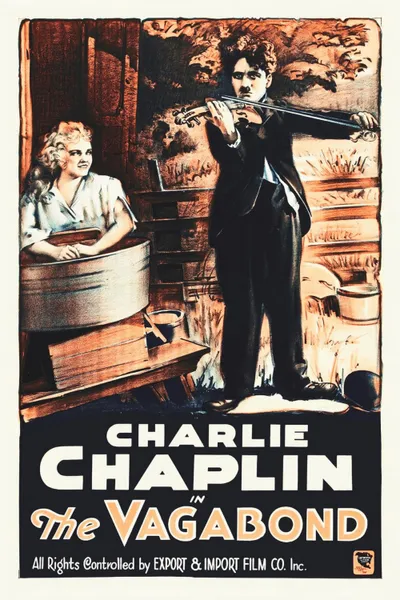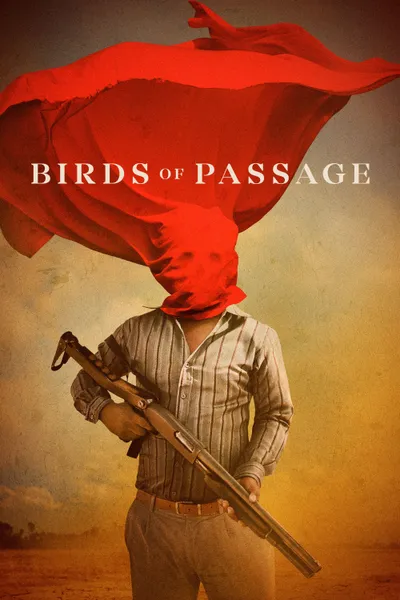Reviews
timesofindia
July 4, 20155.0
For both Karthi and director Muthaiah, Komban is a retread. If Karthi's character of Kombaiya Pandian reminds you of a somewhat righteous Paruthiveeran, the plot — a ruffian trying to mend his ways for his family — is the same as we saw in Muthaiah's debut film Kutti Puli. There, Sasikumar played a rouge-with-a-good-heart whose mother tries to reform him by getting him married. Here, Karthi plays a do-gooder with a temper that often lands him in trouble and he attempts to reform after marriage, because of his concerned father-in-law. The villain in both these films is a big shot who feels slighted by the hero's arrogance and wants revenge while the heroine is an intrepid girl, interestingly, played in both the films by Lakshmi Menon.
The problem, though, is not the similarity of the characters or predictability of the plot, but the lack of real excitement in most of the scenes. The film hums along, moving from one scene to the next, without really making much of an impact in the viewer. Even the action scenes are less thrilling. In fact, every action scene is given an extra punch and urgency with the help of the background score and editing to make us feel that something momentous is unfolding on screen. But, after a point, the stunt sequences only become monotonous because for how long can we bear the sight of sickle-wielding characters lashing out at one another? Mind you, the villain has innumerable underlings but in true masala movie tradition, they never attack the hero all at the same time. They come one after the other to get beaten up by the hero making us wonder if each one indicates the difficulty level of the stunt for the hero as in a video game. And, even though the villain and his sons bay for the blood of the hero, no one thinks of getting a gun for doing the deed and finishing it up in a jiffy! It is either sickles or knives or fists but never a gun.
That is not to say that the film is without any moments. The prickly relationship between Komban and his father-in-law Muthaiah is the film's highlight. After amma, appa, akka and thangachi sentiment, it is now time for mamanar sentiment and thankfully, the director doesn't go overboard in narrating Komban's initial misunderstanding of his character and his efforts to patch-up with him. Credit should also go to an understated Rajkiran, who is very effective playing this sentimental character. Komban's attempt to save Muthaiah after he learns of the villains' plot to murder him off inside the prison is thrilling.
Now, coming to the controversy, the film is not casteist unlike what the protestors alleged. In fact, in an early scene, Rajkiran tells a character that he needs relations but not caste. But the real issue is the casual manner in which violence is portrayed in the film. The violence in the film feels very real and can be affecting but sadly, the film chooses to glorify this as something heroic.
Recommendation Movies
Madras2014
Valiyavan2015
Bangalore Naatkal2016
Alex Pandian2013
Escape Room2019
Bloody Milk2017
Judy2019
Scooby-Doo: Agence toutou risques, vol. 2 : Le fantôme de la télé2007
Dolemite Is My Name2019
Border2018
Afire2023
Rocco and His Brothers1960
Faultless2016
The Two Popes2019
19172019
The Vagabond1916
Birds of Passage2018
Fidelity2019
Now, Voyager1942
Lost & Found2022
© 2026 MoovieTime. All rights reserved.Made with Nuxt
